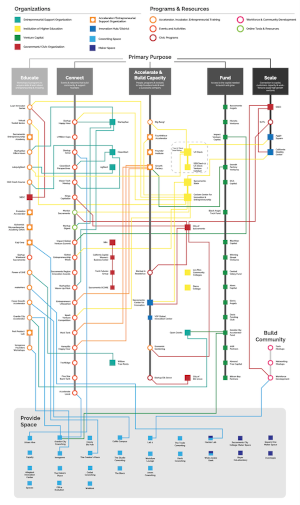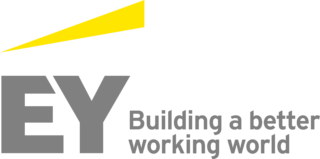At a recent StartupSac Happy Hour AMA, our guest veteran startup founder was Jon Coss, founder and CEO of Pondera Solutions, a govtech SAAS startup that leverages advanced prediction algorithms and the power of cloud computing to combat fraud, waste, and abuse in government programs.
For the last question of the AMA (Ask Me Anything) event, Jon was asked for his best criteria for starting a startup. In response, Jon shared the four things he looks for when entering a market for a startup. Though on the surface these may seem simple, the trick is being disciplined to sticking to them – and, not just some of them, but sticking to ALL four of them.
1. Is there demand
It’s easy to fall in love with what your startup is doing. But if nobody wants it, then Jon’s not interested in that market. As an example, he brought up the national school lunch program as one of the largest government programs subject to fraud that his startup looks at. Despite a 30% fraud rate, for varying reasons, there’s no demand to fix it. As a result, despite the fact that they could address that market, he doesn’t pursue it.
2. You have to be able to be disruptive
Being disruptive is no doubt a trite phrase in the startup world. Nevertheless, the ability to be disruptive is critical to Pondera going after a market. In his case, Pondera was going after markets dominated by big players like IBM, Accenture, and SAS. Jon knew that if he wasn’t WAY better than they were, then he wasn’t going to succeed. He didn’t go into financial services, and credit cards, and similar markets because he wasn’t sure he could be disruptive enough there. So, choosing a market where he could be disruptive is key.
3. It has to be repeatable
The third critical criteria is that it has to be repeatable rather than a one-off project. Why? Because he knew that when it was time for him to get money for his company, if he was doing one-off projects then he wasn’t going to be seen as a SAAS (Software as a Service) company, but rather a services company. Since SAAS companies can get better valuations from investors than service companies he knew that when it came time to take on investors that this valuation would be tremendously lower if he was doing one-off projects.
4. There has to be funding associated with it
If there’s demand, and if you can be disruptive, and even repeatable, but there’s no way for people to pay for it he’s not going after it. Whether the price point isn’t right or, like in his case, where the federal government provided funding for it, if there’s no strong funding source associated with a market, it doesn’t pass his test. As an example, since the farm bill didn’t pass recently, there’s no funding for food stamps (aka SNAP) fraud. Pondera had a great solution to detect that fraud when there was funding for it, but now that there’s no funding for it, they’re not going after it. People may want it, there’s a big problem that every state has, he’s got a way better solution than everybody else, but there’s no way for anybody to pay for it so Pondera avoids it.
Next time you’re evaluating a market for your startup, keep these four criteria in mind to help you determine whether or not you should pursue it or something different.
If you’d like to listen to the full AMA session with Jon, you can listen to it below or download the podcast. You can hear Jon elaborate more on these four criteria at the 57:44 mark into the podcast.
For more great tips and advice from startup founders be sure to subscribe to the Sacramento Startups podcast, available on iTunes and Google Play.















